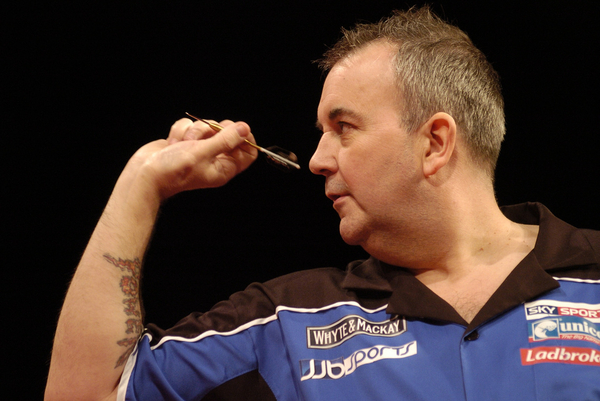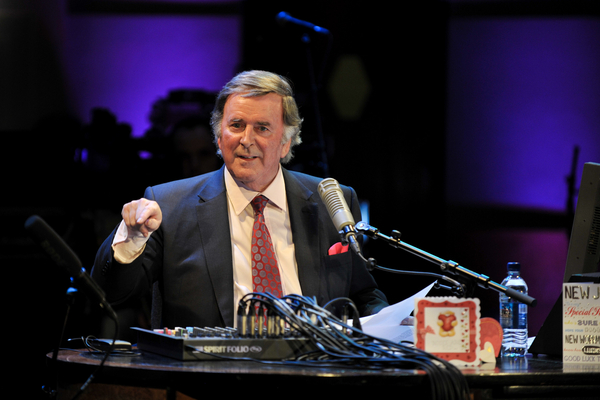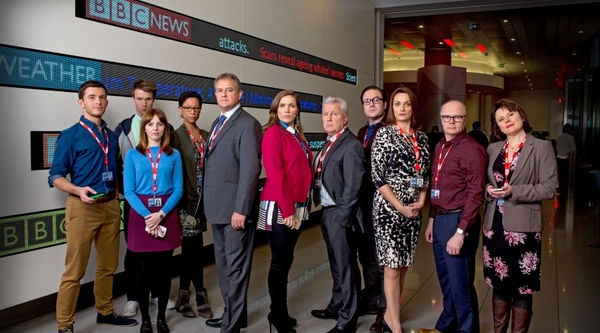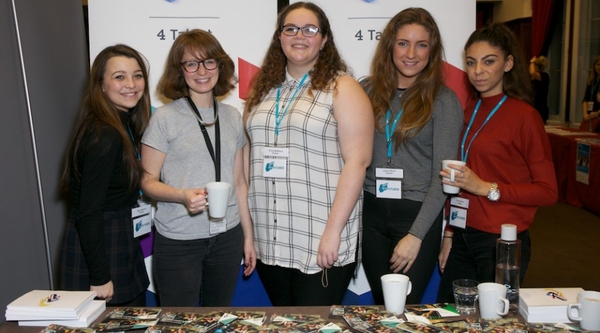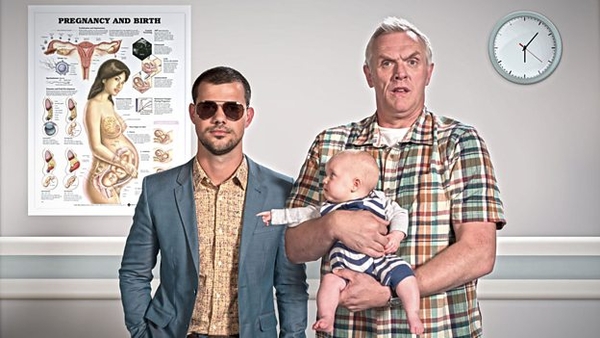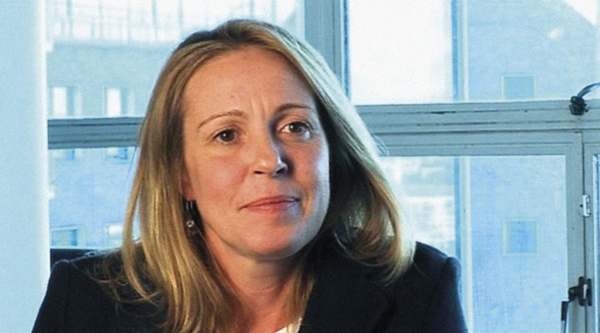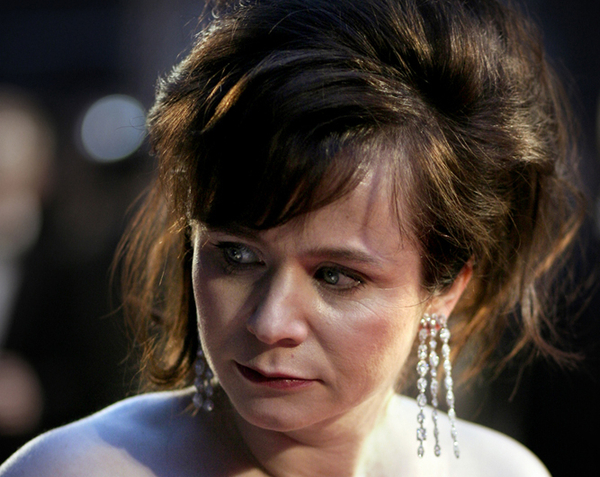BBC to show new darts tournament
It will include the top eight players from the Professional Darts Corporation (PDC), which is the leading body in the sport. The top two players from each group will battle it out to win the title.
BBC Director of Sport Barbara Slater said: "Darts has always had wide appeal and it is great that audiences will get the chance to see all the action from the world's top players live on BBC Two and across our platforms."

